AUTHENTICITY & PDO
Product authenticity and provenance are important characteristics to be recognised when considering cheese and dairy products that have a wealth of history and tradition. Within Europe, for food and beverages with a protected origin, three different geographical indicators exist, PDO (Protected Designation of Origin), PGI (Protected Geographical Indication) and TSG (Traditional Specialities Guaranteed). These promote and protect the names of agricultural products and foodstuffs that come from a specific area or region.
- PDO products have particular characteristics, are made to a traditional method with specific ingredients and are marked with the PDO logo
- PDO recognition is an EU certification system
- The particular characteristics are developed from the geographical environment in which the cheese is made, these include the natural and the human characteristics and influences
- Production, processing and preparation must take place in the regional area the cheese is made
- Over 150 cheeses have a PDO status
- France and Italy have highest number of PDO products in Europe
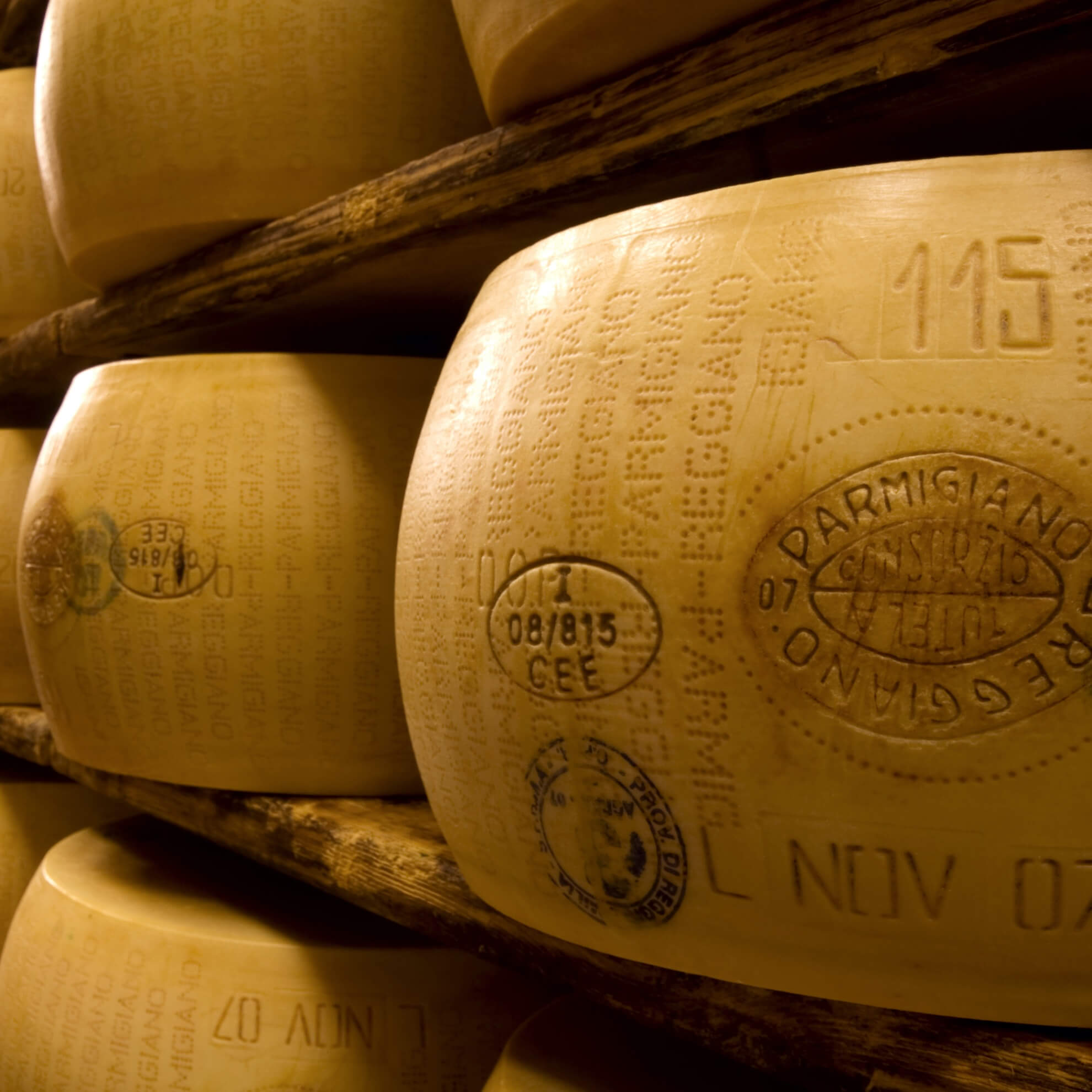
PRODUCT INTEGRITY
With Futura Foods’ years of experience, to confirm integrity we have extensive transparency through our supply chain. , with years of experience. Our UK based Technical Team are Campden BRI trained in VACCP and TACCP. We have a robust risk assessment to ensure our overseas supply chain is integral from farm through to haulage. We extensively use accredited speciation test methods (Real Time PCR) on products to confirm compliance in the UK.
Our supplier auditing expands the audit scope from milk sourcing to despatch from factory and transport through EU countries. We use a worldwide horizon scan tool to detect emerging trends throughout the world markets.

PDO LABELLING
All products that are protected by PDO carry the distinctive red and yellow logo and it ensures quality through the production of the cheese.
- How do we preserve the PDO status at Futura Foods?
- When we source PDO products, we only use the best suppliers
- We work closely with our suppliers to provide customers with traditionally made products within a modern supply chain
- We have an in-depth understanding of the products and the legislation surrounding them
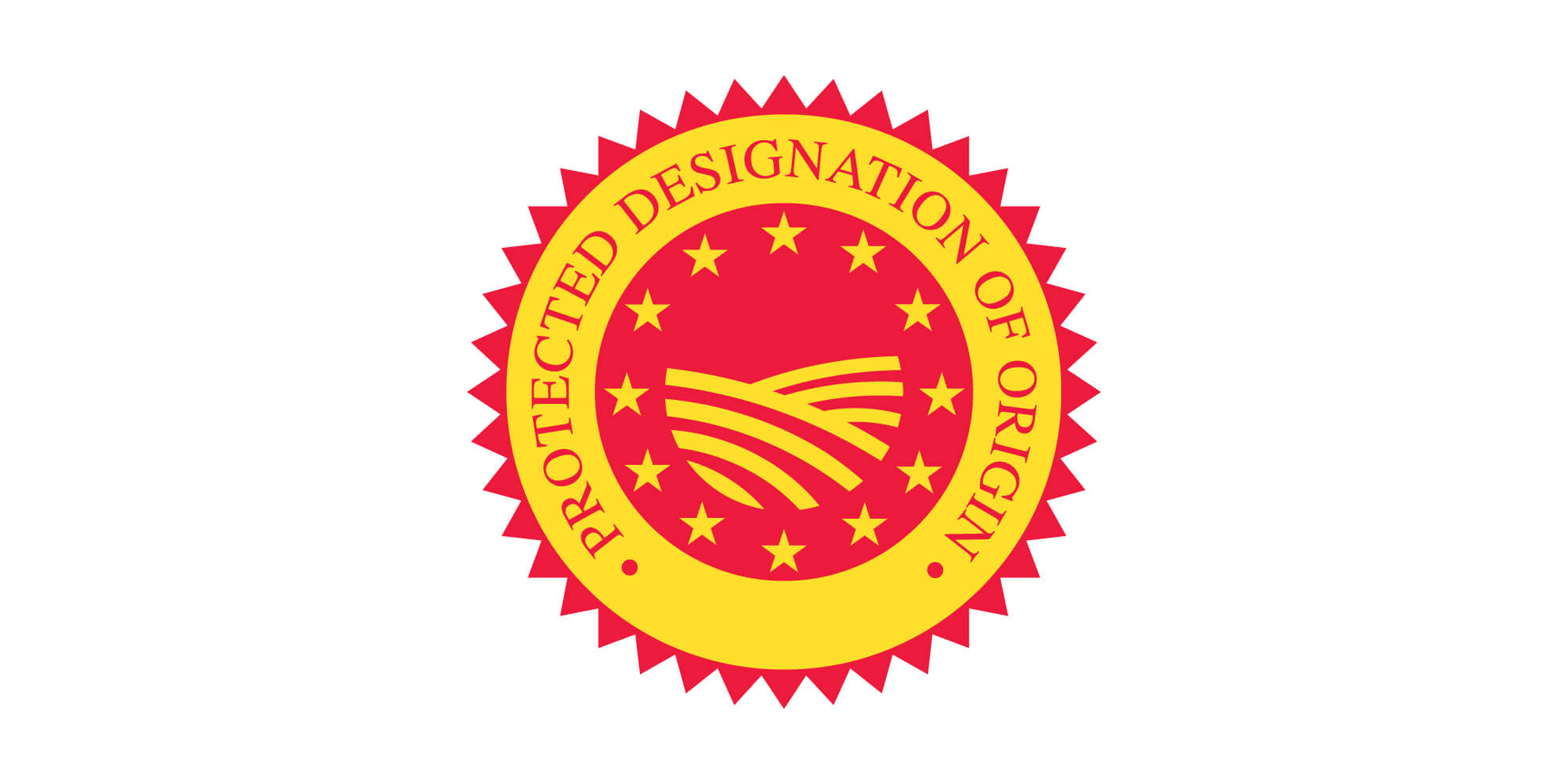
PDO FETA
Feta is a flagship product from Greece and produced, processed and prepared in mainland Greece. Feta is full in flavour, rich in aroma, white in colour and soft in structure. Feta is unique in taste, due to the milk, the production and maturation for a two month period.
Feta can only be made in Greece and its strict production methods are audited, approved and certified by Agrocert. Agrocert will audit every Feta producer to ensure the regulatory methods of production are upheld. On approval the site will receive a certificate of compliance with a unique contract code number. The origin of Feta has been protected by EU regulations since 2002.
All Feta is made exclusively of milk from sheep and goat within the PDO regions from over 1,000 dairies in Greece. Every packing unit of Feta sold must be marked with an ‘FE’ number. The FE number is a sequential number enabling each dairy to trace the milk used in each packet, bucket or tin of Feta sold. Through the sequential FE number, the manufacturer can provide evidence to show that they have not sold more packs of Feta than they have made from the milk they have bought, hence, security against substitution.
Feta is made from pasteurised sheep milk or a mixture of sheep and goat milk up to 30%. The milk is curded, strained, salted and then placed in wooden barrels or metal tins with brine and left to mature for at least two months. Feta milk comes from both sheep and goat, which graze freely in specific areas of Greece.
Sheep Milk: With a minimum of 70% sheep milk used in the production of all Feta, this ingredient plays an important role in the flavour profile of the cheese.
Goat Milk: All Feta can only contain up to a maximum of 30% goat milk.
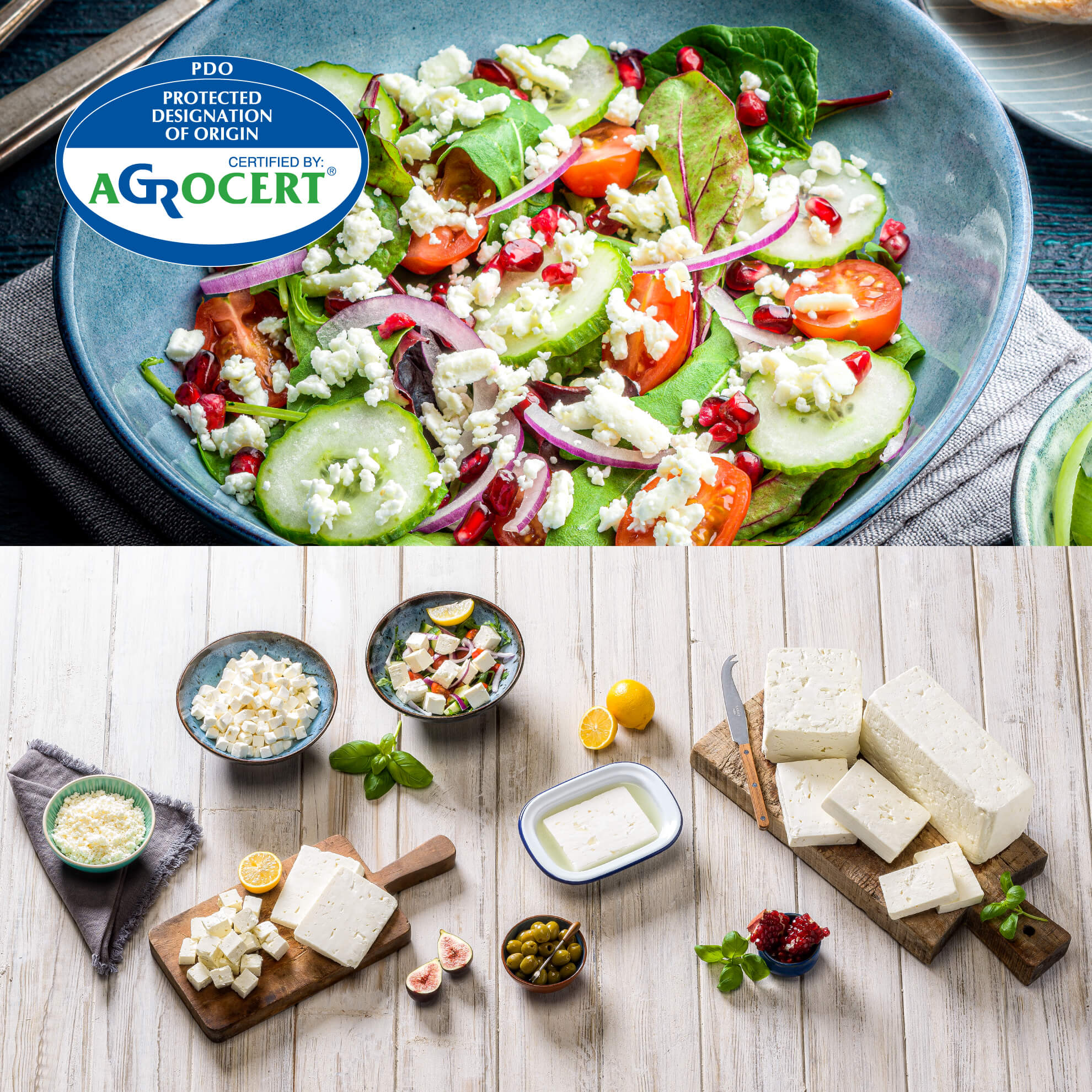
AUTHENTIC HALLOUMI
Cyprus’ most famous cheese, with a great taste and distinctive texture. Halloumi is a cheese with a high melting point that can be eaten cold or cooked. Its delicious fresh and salty taste can be enjoyed in many ways and its unique properties to not melt during grilling have made it the favourite BBQ cheese in the UK.
Halloumi is made from a modern recipe of cow sheep and goat milk, whereas more traditional recipes will only contain sheep and goat milk. This semi-hard cheese is usually folded, giving a specific open shape when pan fried. Dried mint is sometimes added to the surface for flavour.
Halloumi is a protected Trademark name of the Republic of Cyprus. Only local milk Cyprus milk is allowed to be used for Halloumi production. Halloumi currently does not hold a PDO status, but its production is regulated by specific rules and manufacturing controls are in place to ensure only an authentic cheese is produced. Our Halloumi suppliers all abide to the strictest hygiene and food safety standards approved by global standards (e.g. BRC / IFS).
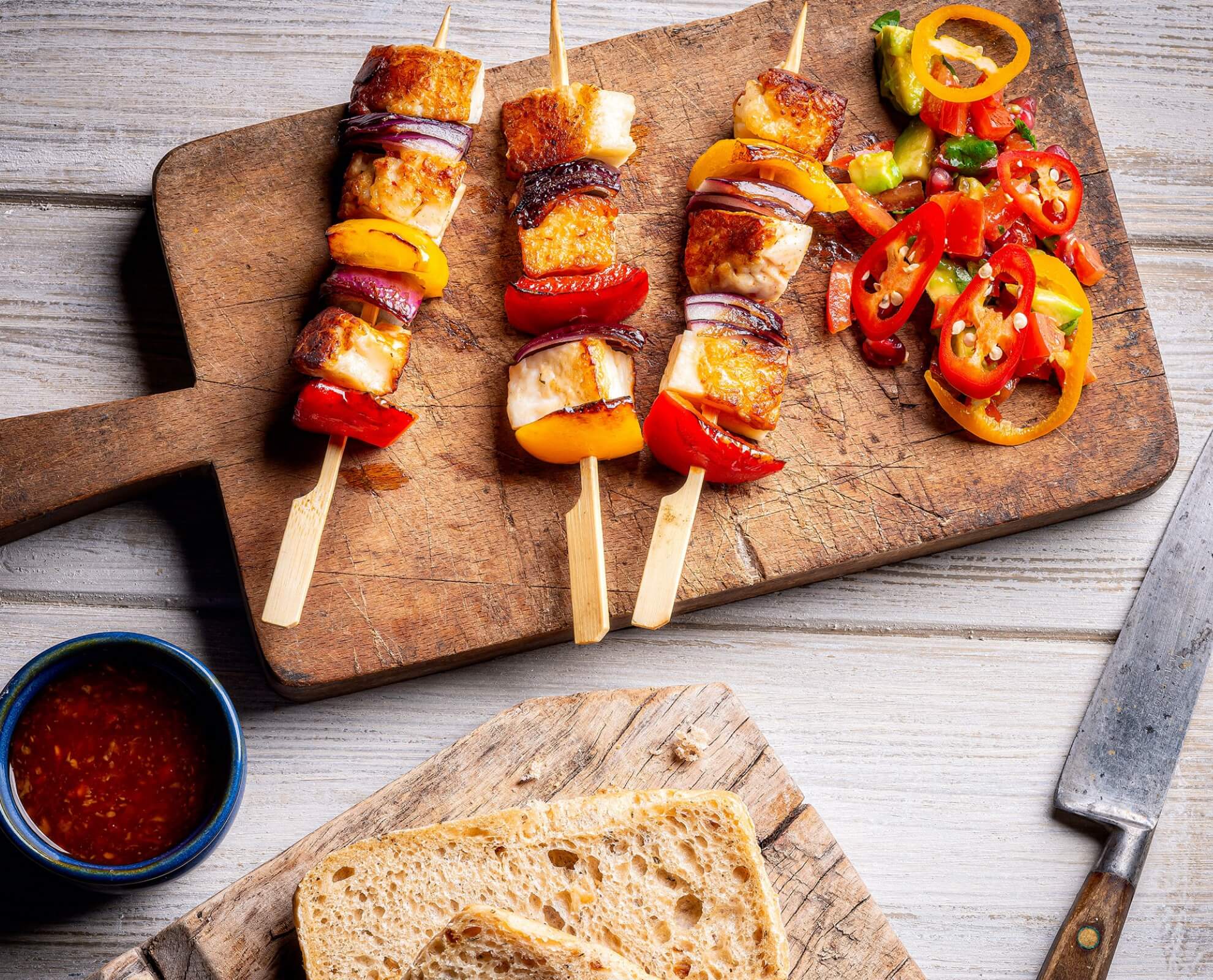
AUTHENTIC GREEK YOGURT
Our traditional Greek Yogurt is a staple of a healthy Greek diet, it is made from only Greek milk. Our suppliers use state of the art equipment to replicate the traditional cloth straining process to give the Yogurt a good mouthfeel. The straining process removes the whey giving a thicker consistency like that between Yogurt and Cream Cheese. This is a natural process that uses only natural ingredients, the Yogurt therefore has a distinctive naturally creamy texture and taste.
Greek Yogurt comes in a variety of fat contents but is a good source of protein and calcium, low in sodium and carbohydrates, and good for digestion due to its live cultures.
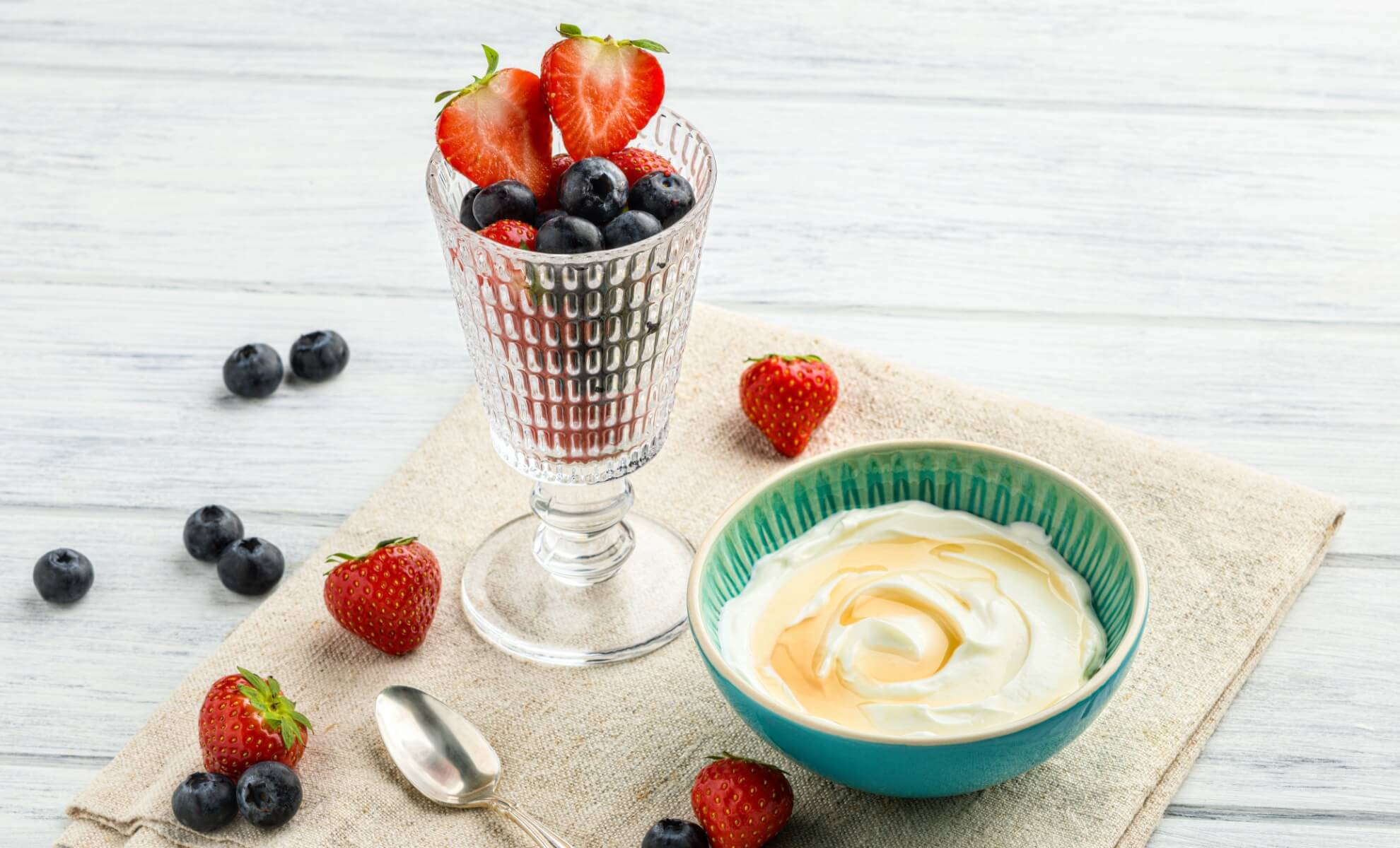
PDO PARMIGIANO REGGIANO
Parmigiano Reggiano or Parmesan is a raw cow milk hard cheese.
- Produced from separated afternoon milk and whole morning milk. Parmigiano Reggiano has particular measurements: Cylinder shape with 35-45cm diameter, 20-25cm high and weighing roughly 40kg. The minimum maturation period for this cheese is 12 months but traditionally is left for 24-36 months, and develops a delicate savoury flavour with a distinct aroma
- It is made with milk, rennet and salt, with no additives, and is made to a process of great tradition. The first Parmigiano Reggiano dates back to 1200-1300, making it one of the oldest and richest cheeses in the world
- Highly digestible. High in calcium, no preservatives or additives and rich in minerals. The richness, smell and taste of the cheese is attributed to how the cows are fed, the type of milk used, the process it’s made by and the way the cheese is cared for during maturation
- The Consortium is a council that defends the protection of designation of origin, facilitates the trade and consumption by promoting initiatives aimed at safeguarding the unique features of the product
- The cows that provide the milk for Parmigiano Reggiano, feed only from named sources within the geographical area and the use of silage is banned
- The cheese is aged for minimum 12 months and is processed by grating and portioning. This is all done within the geographical area
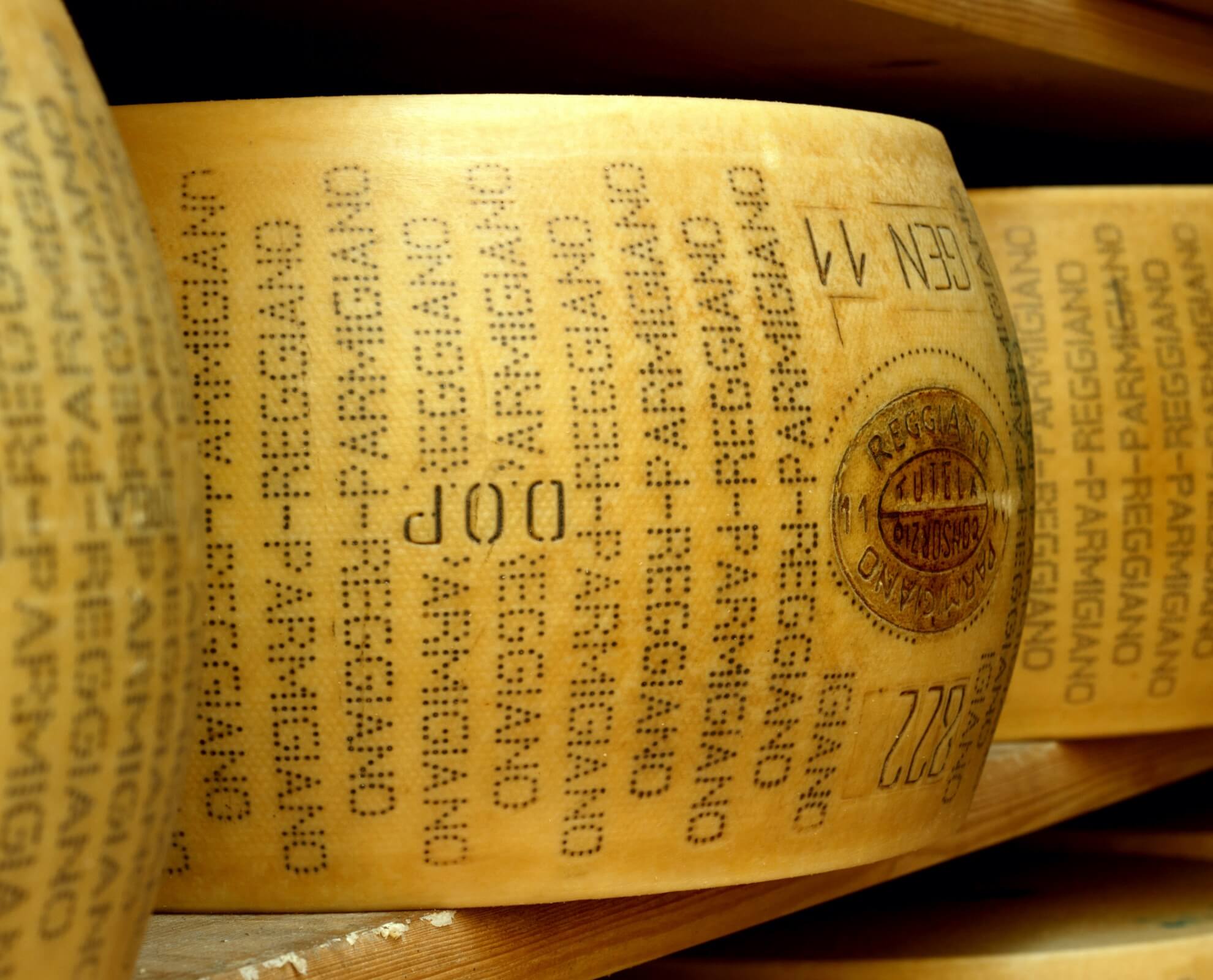
PDO GRANA PADANO
Grana Padano is made from raw cow milk, salt and animal rennet together with lysozyme.
- Grana Padano is produced in a confined area around the Po Valley in Northern Italy
- 75% of the dry matter in the cows feed must come from within the same geographic areas and be from specific named sources
- The cows must be milked twice a day and milk delivered to dairies within 24 hours of the first milking. Milk must be stored at temperature no lower than 8°C
- Cheese will be aged in warehouses at a controlled temperature of 15-22°C for no less than 9 months and cannot leave the geographical area in that time
- Grana Padano is a bulbous to cylindrical shape with a flat top
- The diameter of this cheese is between 35-45cm and height between 18-25cm. The cheese cannot be under 24kg but can weigh up to 40kg. The rind thickness must be above 4mm but below 8mm
- Grana Padano must be matured for at least 20 months
- Grana Padano has a hard texture and is slightly grainy with barely visible small holes. It is sweet smelling and fragrant with a delicate flavour
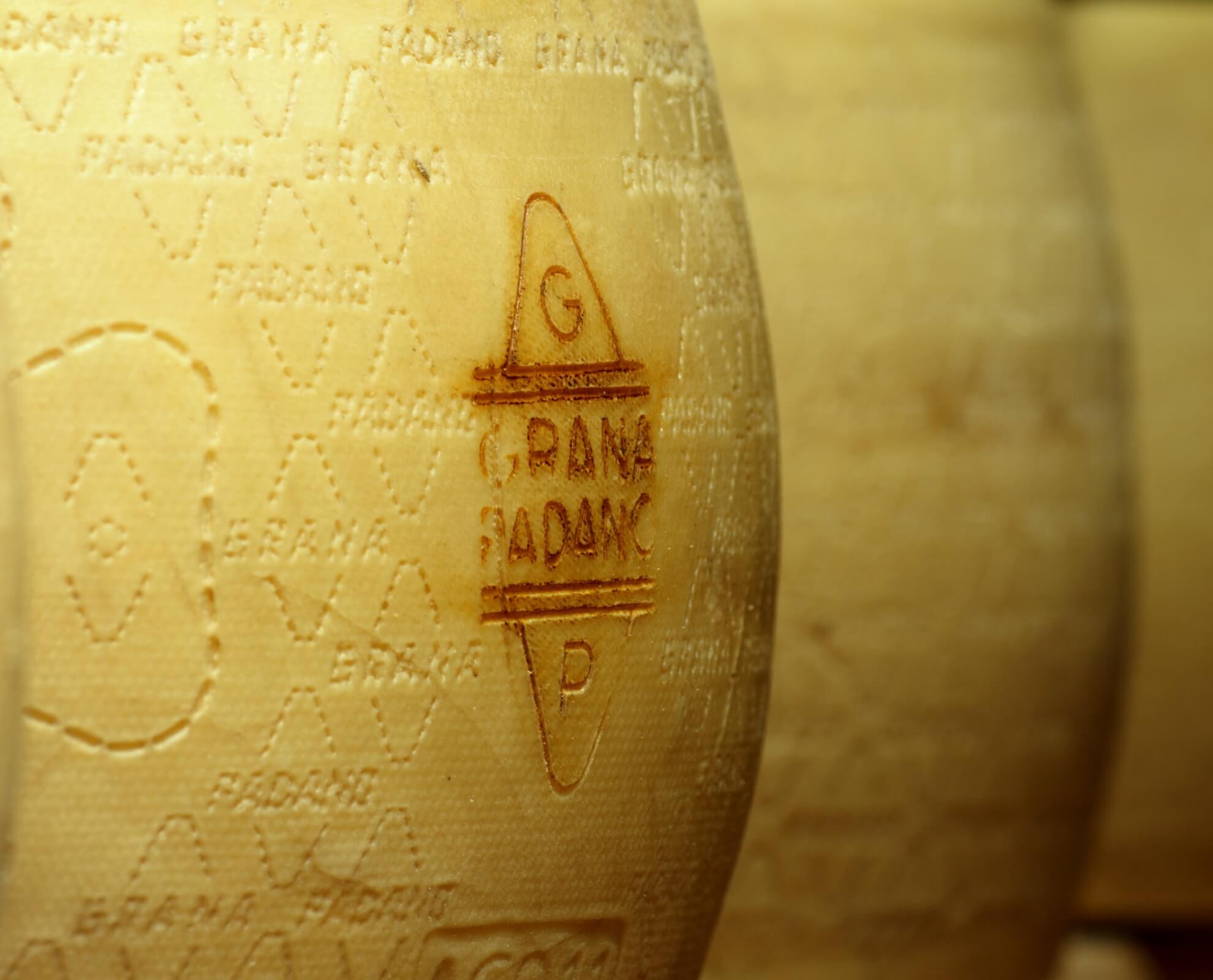
PDO TUTELA MOZZARELLA DI BUFALA CAMPANIA
- In Italy DOP means Denominazione d’ Origina Protetta, which translates to Protected Designation of Origin in English. So where you see an Italian cheese, you may see DOP following it, but it means the same thing as PDO
- The DOP Mozzarella must be produced from buffalo milk obtained from buffalos which have been fed within the PDO territory
- The milk is filtered and heated to a temperature of 33-36°C
- No artificial starter cultures are used in production of Buffalo mozzarella, only whey from the previous day’s production and calf rennet, which are added after the heating
- The curd is cut twice and stratified in a container by adding water at a temperature of 95°C
- The curd is left to age before cooking and stretching into the required format, which is usually cherries or braids
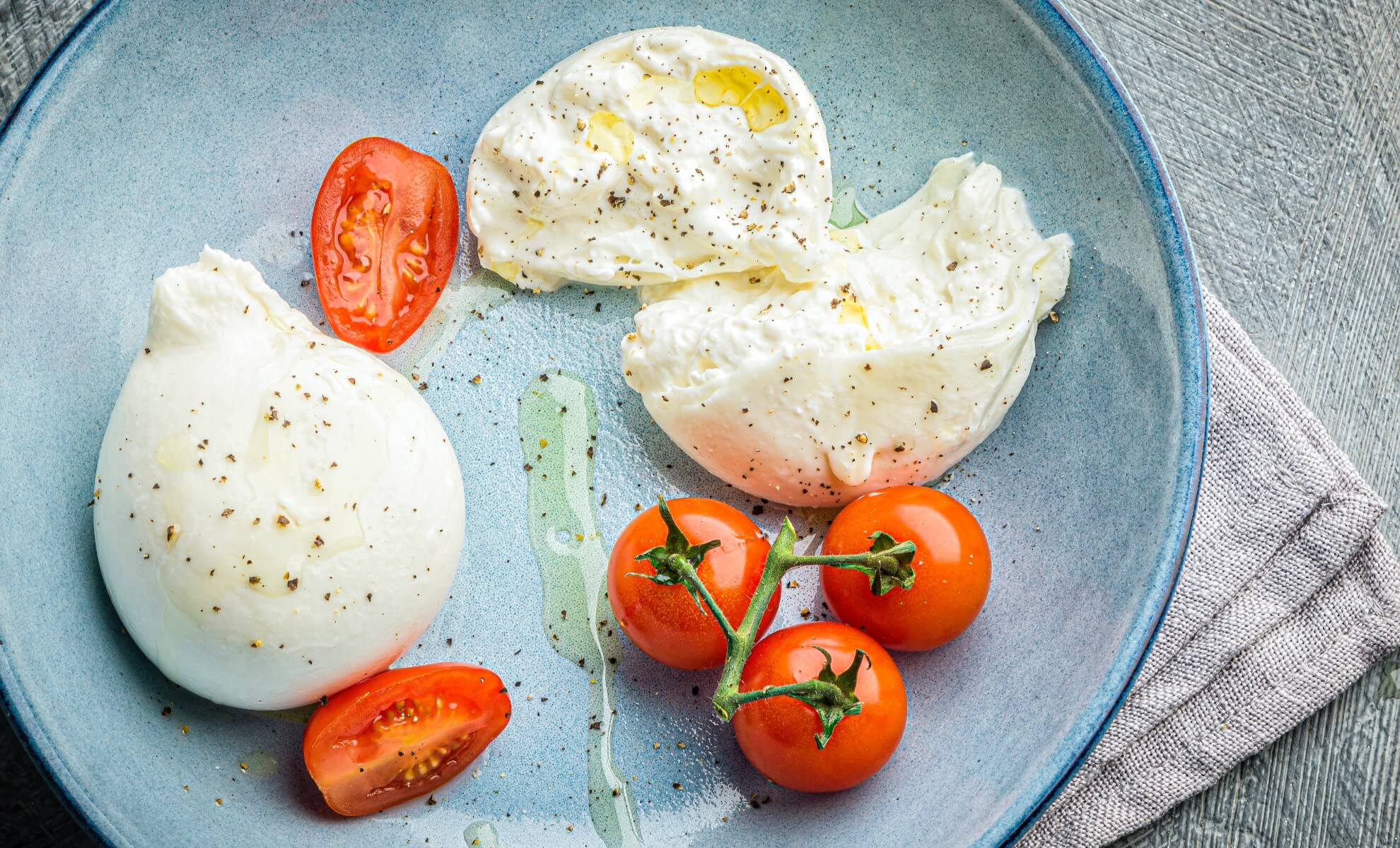
PDO GORGONZOLA
Gorgonzola is an Italian soft cheese with a blue marbling throughout. In order to know you have Gorgonzola, it must be packaged in aluminium foil and have a characteristic ‘G‘ on it.
- Gorgonzola is made from pasteurised whole cow milk, lactic ferments, rennet and spores of penicillin
- Gorgonzola is aged in caves and warehouses at 6-12°C to give a distinct bluing of the curd, whether producing the sweet ‘dolce’ or aged ‘Piccante’ versions
- Gorgonzola production is completed in the areas broadly known as Cuneo in the west to Cremona in the East. This cheese is named after the town of Gorgonzola near Milan
- About 30 cheese creameries that produce Gorgonzola are supplied by around 3000 farms within the area
- Prior to the Second World War, the UK was the prime export market for Gorgonzola

Get in touch
If you don’t see the product that you are looking for it is possible that we could develop or source a product specifically for you. Want to find out more about how we make it easy to find dairy solutions?
Futura Foods UK Ltd.
The Priory, Long Street, Dursley,
Gloucestershire GL11 4HR